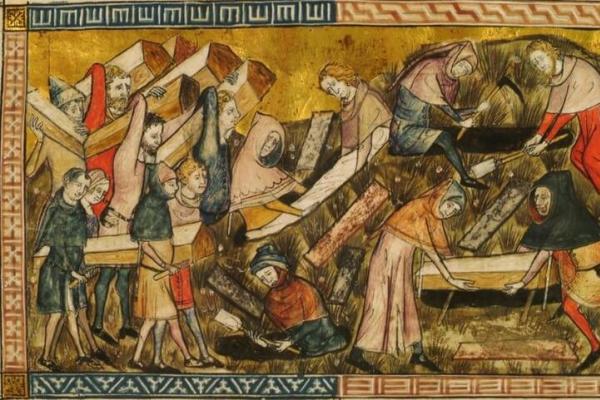Mar 19, 2020
In some cities, mistrust was widespread. In others, people came together across religious lines.
Read the Full Article

Already a subscriber? Login

In some cities, mistrust was widespread. In others, people came together across religious lines.
